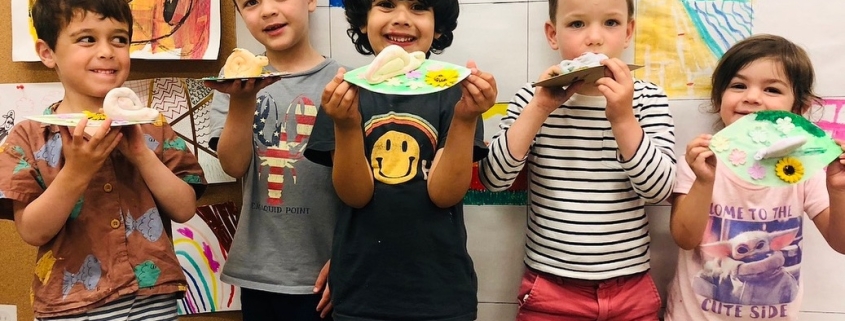Early Childhood Education Plays a Crucial Role in a Post-Pandemic World
Though it’s been nearly four years since the COVID-19 pandemic rocked our world, the impact on children persists. Some children began school later than normal, while others continue to experience learning gaps. On the bright side: young minds are resilient and respond well to engaging educational curriculum.
What is Early Childhood Education and Care (ECEC)?
Early childhood education — from birth to age eight — represents a period of rapid and rich brain development. Based on the theories of influential thinkers like Jean Piaget and Erik Erikson, ECEC emphasizes experience-based learning, recognizing that children in this age group learn differently from their older peers.
Research Highlights the Impact of ECEC Programs
Most notably, participants in ECEC programs higher levels of social and cognitive development compared to peers who do not partake.
A recent study published in the Journal of Early Childhood Research assessed 171 children — ages eight to 36 months — from Scotland, Wales, and England to assess the impacts of ECEC disruption on cognitive and developmental milestones.
According to researchers, children attending ECEC sessions, even amidst pandemic-related disruptions, displayed substantial growth in language development, communication skills, and problem-solving.
While socioeconomically affluent children experienced faster initial development rates, those from socioeconomically disadvantaged households exhibited the most significant overall improvements. Given this finding, the United Nations Educational, Scientific and Cultural Organization (UNESCO) has called for universal nursery education policies.
What Happened to ECEC Programs During COVID-19?
The COVID-19 pandemic significantly disrupted ECEC programs worldwide, leading to widespread closures and reduced access. In the UK, only 5-10% of children received ECEC during the 2020-21 period. Similarly, just 29% of 4-year-olds and less than 5% of 3-year-olds enrolled in American preschools, representing an 18% drop that reversed a decade of progress.
Shine Offers Early Educational Enrichment for Children Ages 0-8
As we navigate the post-pandemic landscape, the research findings highlight the resilience of young, nurtured minds. Shine’s camps, classes, workshops, and parties enrich the lives of East End program participants with art, music, sports, culinary, and cultural activities, providing a holistic educational environment where kids can thrive.
By recognizing the enduring benefits of ECEC, we can contribute to the continued growth and development of the next generation, ensuring they emerge from the challenges of the pandemic with the skills and resilience needed to shine bright in the future.



